New Delhi: The Asian Development Bank (ADB) has announced a major five-year initiative to revamp urban infrastructure in India, with plans to mobilise up to $10 billion, including third-party capital, for projects such as metro expansions, new regional rapid transit system (RRTS) corridors and improved urban services.
ADB President Masato Kanda announced a meeting with Prime Minister Narendra Modi. “Cities are engines of growth,” Kanda said, adding that the initiative will help sustain India’s urban momentum and contribute to the vision of Viksit Bharat @ 2047.
ADB aims to accelerate infrastructure delivery and scale effective models across the country.
The initiative will combine sovereign loans, private sector financing, and third-party investments, anchored around India’s Urban Challenge Fund (UCF).
This fund is designed to attract private capital into urban development, with ADB providing technical support and $3 million in assistance to prepare bankable projects and enhance local government capacities.
Preliminary groundwork has already been completed in over 100 cities on projects such as creative city redevelopment and upgrades in water and sanitation.
India’s urban population is projected to exceed 40 per cent by 2030, underscoring the urgency of scalable infrastructure.
ADB has supported urban development in more than 110 cities across 22 states, including projects in water supply, housing, sanitation, and waste management. Its current active urban portfolio includes 27 loans valued at $5.15 billion.
India’s future is bright, and I’m proud that @ADB_HQ is a partner. I invite you to watch a wrap-up reel of my just concluded mission to India, where I met Prime Minister Modi @narendramodi, engaged private sector innovators, and heard transformative stories from project… pic.twitter.com/PNjorDVYEe
— Masato Kanda (@ADBPresident) June 2, 2025
Over the past decade, ADB has also committed $4 billion to urban transport initiatives, backing metro and RRTS projects across eight cities, including Delhi–Meerut, Mumbai, Chennai, Bengaluru and Nagpur.
These projects have improved connectivity while reducing congestion and emissions, particularly benefiting vulnerable groups such as people with disabilities.
Furthermore, ADB will invest in skills development through its support for the National Industrial Training Institute Upgradation Program, aiming to strengthen India’s manufacturing base and generate employment, especially for young people.
During his visit, Kanda also met Finance Minister Nirmala Sitharaman and Housing and Urban Affairs Minister Manohar Lal to explore collaboration in areas such as transit-oriented development, rooftop solar deployment, and operationalising the UCF.
He visited the Delhi–Meerut RRTS and interacted with women beneficiaries of skills training linked to the project. In Gurugram, he held talks with renewable energy company ReNew and engaged in a roundtable with leaders from sectors including infrastructure, finance, and agriculture.
ADB’s current country partnership strategy for 2023–2027 envisions providing over $5 billion annually in financing, including $1 billion through non-sovereign channels to stimulate private investment.
Since commencing operations in India in 1986, ADB has committed $59.5 billion in sovereign lending and $9.1 billion in non-sovereign investments. As of April 2025, its active sovereign portfolio comprises 81 loans worth $16.5 billion.
With 69 member countries, ADB continues to play a central role in Asia-Pacific development, promoting inclusive, resilient and sustainable growth.

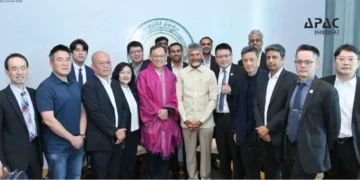


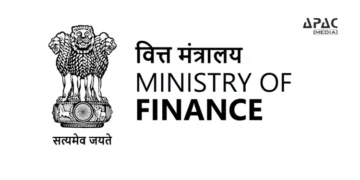

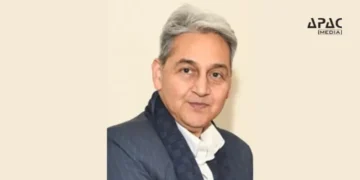

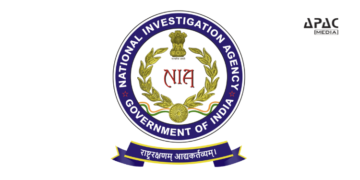








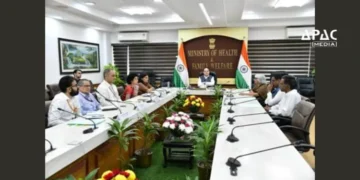









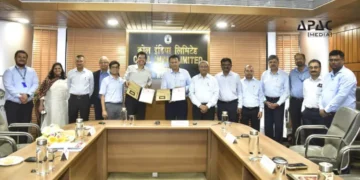
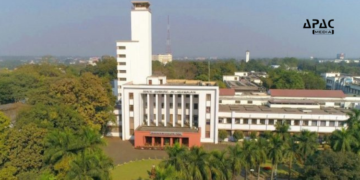


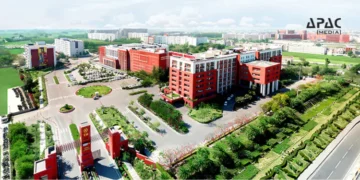
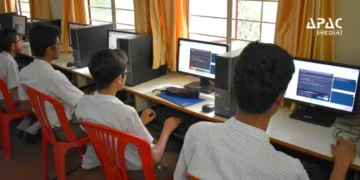



















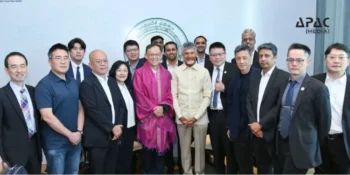


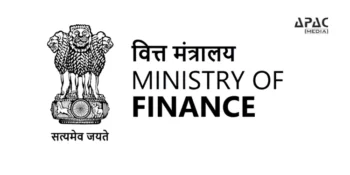

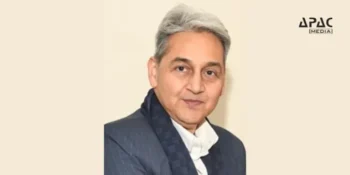







Discussion about this post